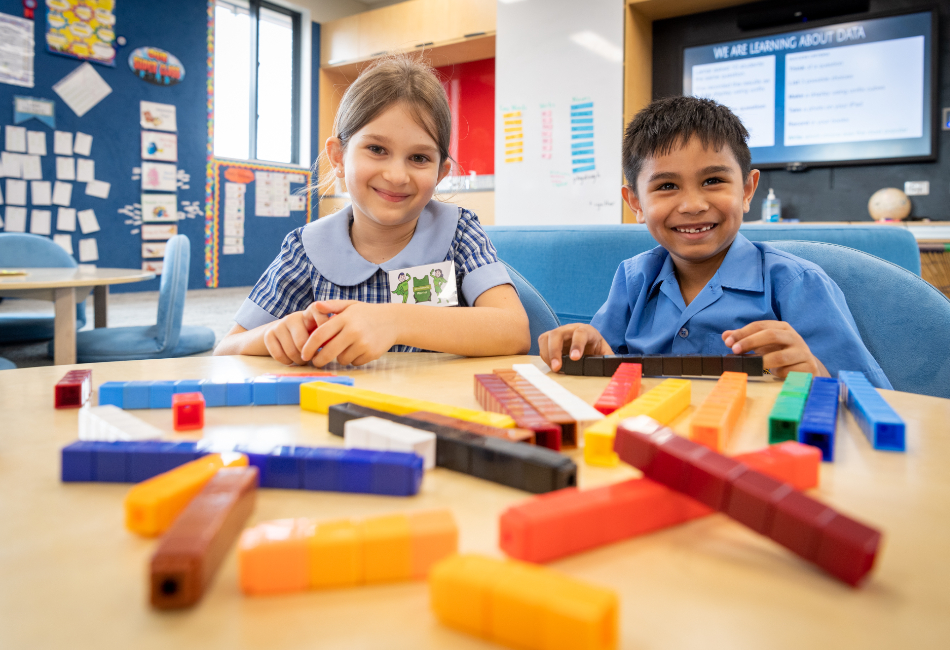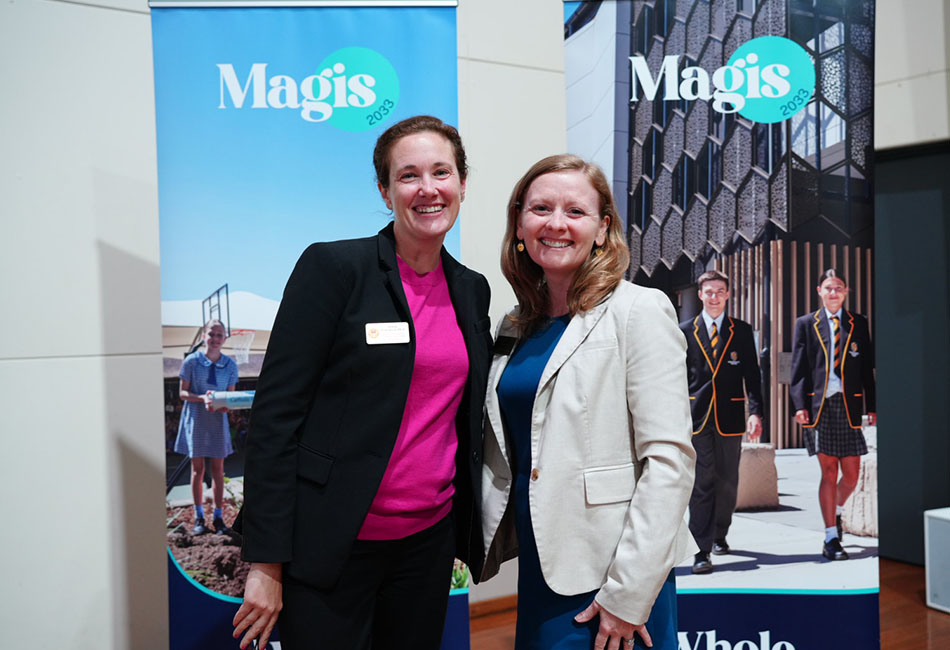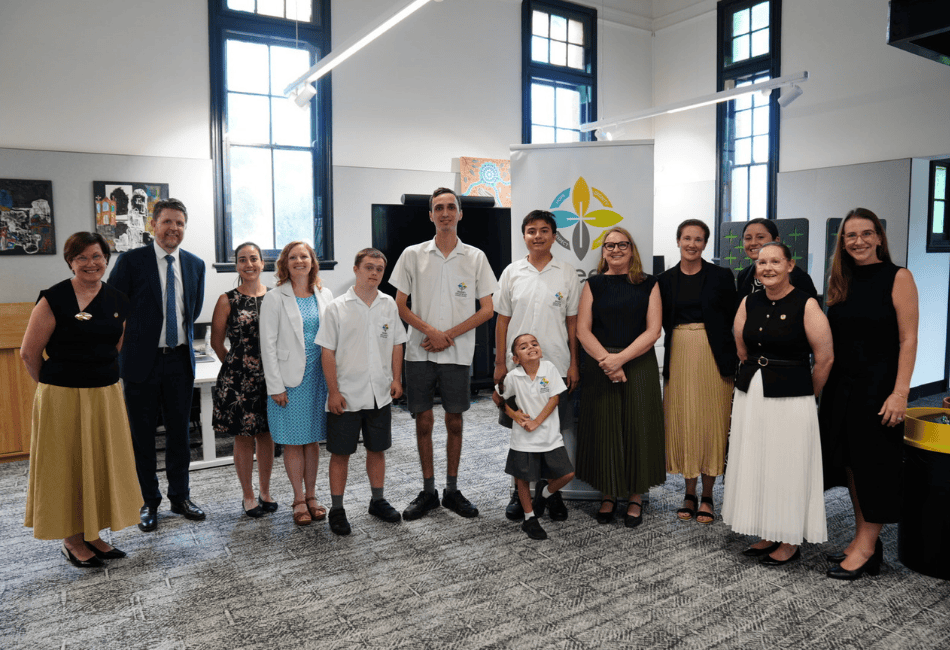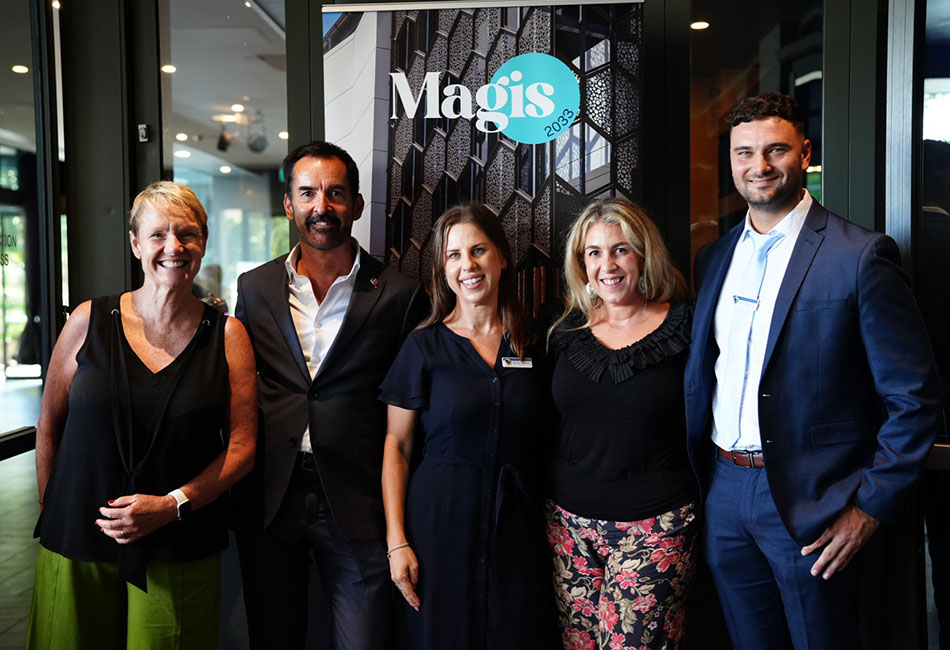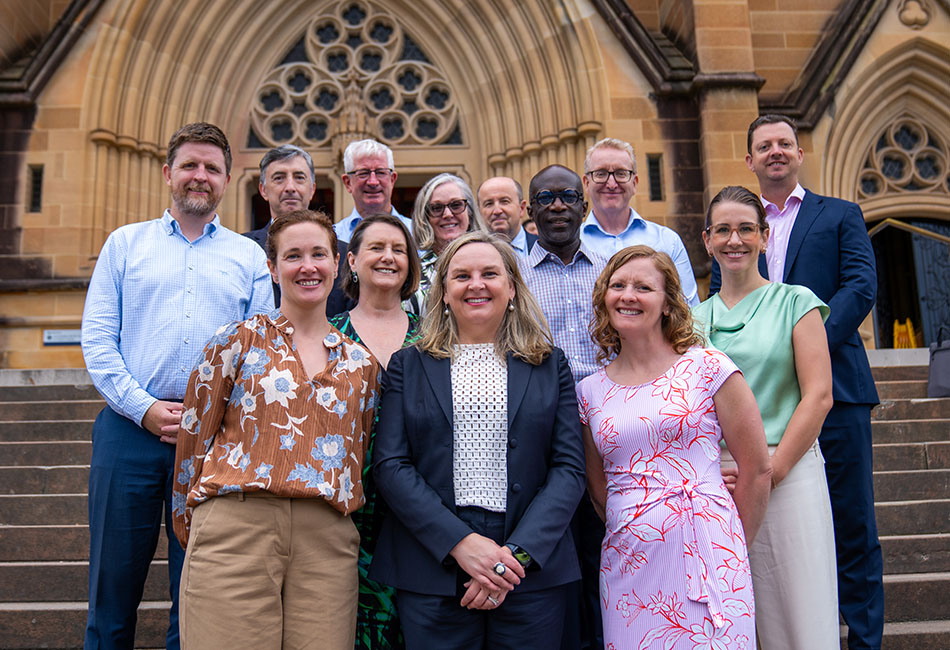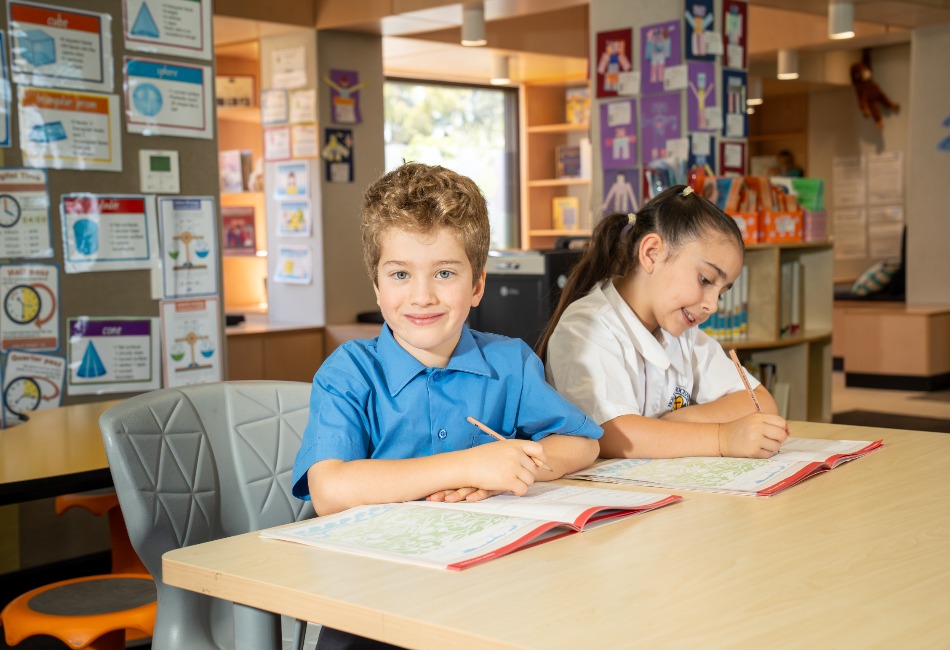Mathematics skills are vital to help children make sense of the world.
So how do you ensure they learn and enjoy them?
Here we look at how schools set strong numeracy foundations from Kindergarten, and the activities you can do at home to help your child’s skill, confidence, and appreciation for Maths grow.
Strong foundations
At Sydney Catholic Schools, students in Kindergarten to Year 2 are explicitly taught Mathematics through active learning experiences that link to real-world scenarios.
Numeracy and Mathematics Specialist at Sydney Catholic Schools, Greg Georgiou, said this allows students to practise and apply their knowledge to different situations.
“The role and intent of a Kindergarten Mathematics lesson is for students to develop essential numeracy skills and fluency, while nurturing the ability to think logically, critically and creatively,” he said.
Education Officer: Curriculum (K-6 Mathematics) Maree Cooper agrees. She said Kindergarten children require a lot of practice and active exploration with everyday objects to confidently develop numeracy and Mathematics skills.
“Teachers provide ample time, materials, and high-quality targeted support for children to enhance core skills like matching, sorting, comparing and ordering,” Mrs Cooper said.
“A Kindergarten Mathematics lesson [develops] essential numeracy skills and fluency, while nurturing the ability to think logically, critically and creatively.” – Greg Georgiou, numeracy and Mathematics specialist
The language of Mathematics
Developing a vocabulary specific to Maths at home also helps students thrive in the subject.
Words like high, low, short, long, light, heavy, near, far, first, and last make the list to describe distance, order, and other key concepts.
Your child might also compare quantities using phrases like ‘more than’, ‘less than’ or ‘the same as’.
“It might take time for your child to use these terms effectively, but encouraging their use often lays the foundations for future learning in Mathematics,” Mrs Cooper said.
Supporting Mathematics skills at home
Play-based activities provide a rich and meaningful context for mathematical skills to develop. To encourage this at home:
- Read stories with numbers
- Sing number songs and rhymes
- Play counting, sorting and matching games (e.g. dominoes)
- Cook together (‘Let’s cut this cake in half’, ‘How many cups of water do we need?’)
- Talk about the duration of time in your daily routines, using both analog and digital clocks (‘10am is snack time’, ‘Your swimming lesson is in the morning’, ‘It takes a long time to walk to Grandma’s house’)
- Use cookie cutters to explore different two-dimensional shapes using playdough
- Ask for help to set the table with the right number of plates, forks, spoons and cups
- Notice and make repeating patterns with items like shells, leaves or beads
An emphasis on excellence in all areas of education – from academic to vocational, sport and the arts – helps Sydney Catholic Schools nurture the potential of all students in their 147-strong network of primary and secondary schools.
Click here to find your nearest Catholic school.

